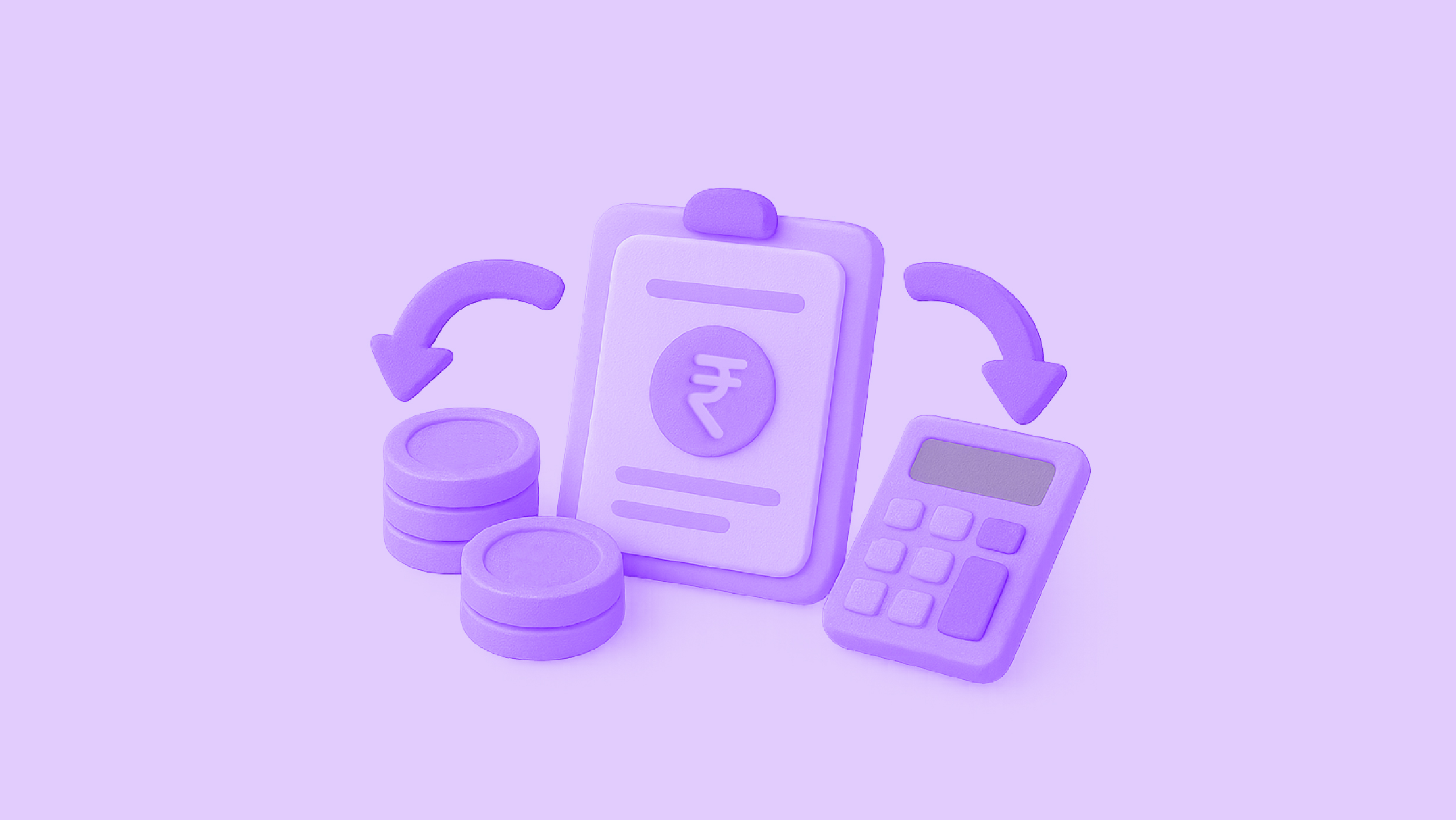Every finance team, whether in a growing startup or a large enterprise, faces a common challenge: managing vendor payments. Manual processes often lead to delays, compliance issues, and strained vendor relationships. This is where an Accounts Payable (AP) module comes in—designed to automate, simplify, and secure every step of the payment process.
In this guide, we’ll break down what an Acounts Payable module is, how it works, and why it’s a must-have for modern finance teams.
What Is an Accounts Payable Module?
The Accounts Payable module is a digital solution that helps finance teams manage all outgoing payments to vendors, suppliers, and service providers. Instead of handling payments manually, the Accounts Payable module automates key processes, including invoice digitization, vendor compliance checks, tax optimization, and payment approvals.
Simply put, it acts as the nerve center of vendor payments—ensuring accuracy, transparency, and compliance.
💡 Did you know? Businesses still lose nearly 1.5% of annual revenue to payment errors, duplicate invoices, and compliance lapses. (Source)
Why Finance Teams Need It
Finance teams today face a set of growing challenges: multiple vendors and scattered records, compliance risks, lengthy invoice approval cycles, and limited visibility into cash flow.
OPEN’s Accounts Payable module addresses these gaps by providing a centralized, automated system that enhances efficiency, mitigates risk, and empowers finance leaders to have better control over working capital.
Key Features of the Accounts Payable Module
a. Vendor Management
One of the most significant pain points for finance teams is handling multiple vendors while ensuring compliance with tax and MSME regulations. OPEN’s Account Payables module solves this by creating a centralized vendor database where all vendor details are stored in one place. It enables the quick verification of PAN and GST numbers, ensuring that only compliant vendors are onboarded.
b. ITC (Input Tax Credit) Optimization
Tax leakage is a common issue when vendor compliance is not closely tracked. OPEN’s Account Payable module handles this by monitoring whether vendors are GST-compliant. This ensures that your business can claim the maximum eligible Input Tax Credit without incurring penalties or losing credits.
For Enterprise finance teams, even a 2–3% improvement in ITC claim efficiency can translate to crores in annual savings.
c. Invoice Digitization & Approval Workflows
Paper invoices and email approvals often create bottlenecks in payment cycles. With Smart OCR, the Accounts Payable module instantly digitizes invoices, making them easy to store, retrieve, and process. Finance teams can then set up customized approval workflows that match their internal policies.
This will result in faster approvals, fewer manual errors, and a smoother payment process.
d. Connected Banking
Traditional Accounts Payable tools stop at invoice approval — but payments still need to be executed manually across multiple bank portals by logging into each of them. With OPEN’s Account Payable module, finance teams can integrate directly with 16+ leading banks and process vendor payouts from a single dashboard. This means:
- You dont have to login to multiple bank portals.
- You get a real-time payment status and reconciliation against invoices.
- A caster turnaround on vendor payments, reducing friction in supply chains.
e. Procure-to-Pay Integration
For businesses with structured procurement, ensuring that every payout is backed by a valid Purchase Order (PO) and Goods Receipt Note (GRN) is critical. OPEN’s Account Payable module enables three-way reconciliation between PO, GRN, and invoice, preventing duplicate or fraudulent payments.
For context, fraudulent or duplicate invoices account for nearly 0.5–1% of enterprise payments, resulting in millions of dollars in annual losses.
Benefits of Using an Accounts Payable Module
OPEN’s Account Payable module doesn’t just automate payments—it transforms the way finance operates:
- Efficiency: Processing time per invoice drops by up to 80%.
- Cost savings: The average cost per invoice falls from ₹1050 – ₹1300 to under ₹260.
- Compliance: Stronger GST tracking and ITC optimization reduce tax leakage.
- Vendor relations: Timely payments and transparent communication boost supplier trust.
Over time, this positions the finance team not only as a back-office operator but also as a strategic enabler of growth.
The Accounts Payable module is a game-changer for finance-intensive industries, including manufacturing, construction, hospitality, and retail, where managing hundreds of vendors and invoices is the norm. Fast-growing startups also benefit, as the module allows them to scale operations without losing financial control.
The Future of Accounts Payable
Manual Accounts Payable processes consume time and resources that finance teams could allocate to strategy. An Accounts Payable module not only streamlines payments but also ensures compliance and optimizes cash flow. For modern businesses, adopting an Accounts Payable module is no longer an option—it’s a necessity for scaling with confidence.
Explore how OPEN’s Accounts Payable Module can help your finance team centralize payments, track compliance, and unlock efficiency.





